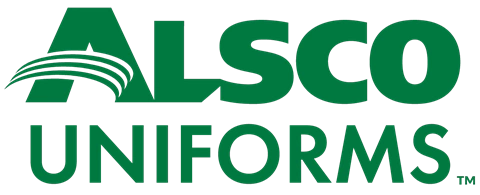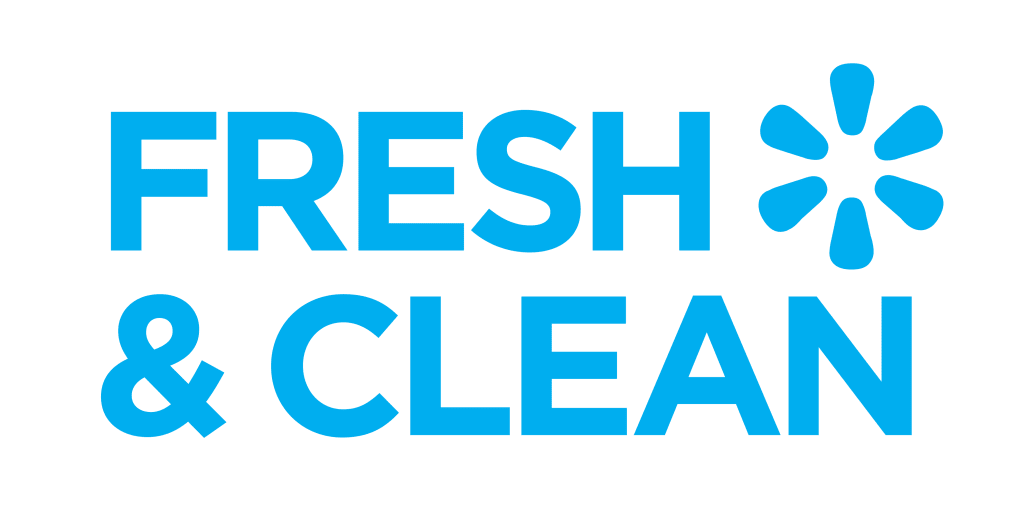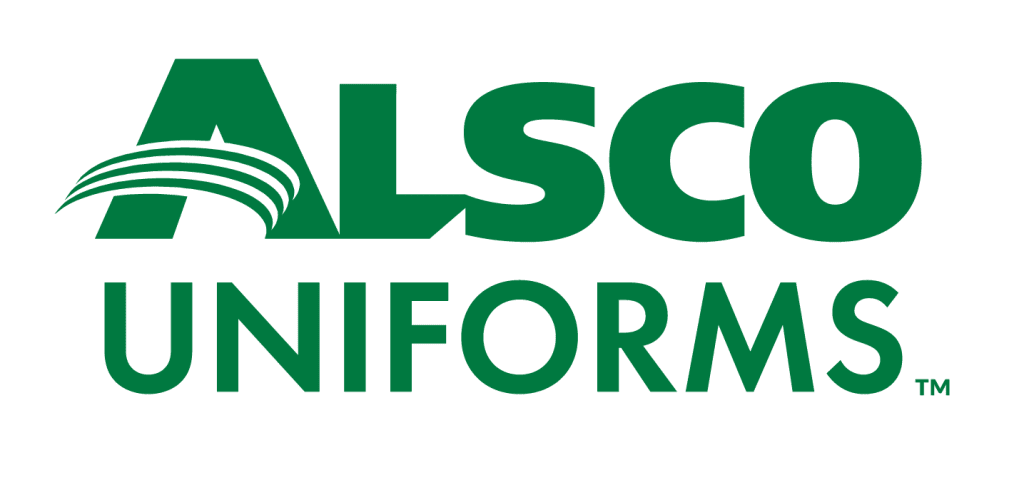Influenza or flu viruses survive on some surfaces for up to 48 hours.
Flu patients start spreading the virus before any symptoms appear and they stay infectious for up to seven days after their first symptoms.
Routine workplace cleaning plays a role in reducing the spread of the virus.
Common cleaning agents you can use against the flu include:
- Detergents (soap)
- Alcohol-based cleaners
- Hydrogen peroxide
- Chlorine
- Iodophors
Cleaning helps curb the virus, especially if there is an asymptomatic patient.
Why Cleaning Helps Reduce the Spread of the Flu
Regular cleaning prevents the spread of the flu. Understanding how the viruses spread will help you appreciate the role of cleaning.
The different flu viruses spread by:
- One-on-one contact – When people shake hands or touch an infected person.
- Indirect Contact – This happens by touching shared or contaminated surfaces. Common culprits in the office include doorknobs, staplers and printers.
- Shared Air – If an infected person coughs or sneezes and you breathe into the same air. If you inhale droplets from the infected person, you can get sick.
Different types of cleaning kill and/or remove the germs, reducing infection rates.
In the workplace, cleaning and personal hygiene can help save lives. It starts with basics such as handwashing or disinfecting surfaces several times.
Types of Office Cleaning Services
There are many approaches to cleaning. Each approach should help reduce the risk of spreading the flu virus.
Different cleaning methods have varied effects on flu-causing viruses. You need to understand each to decide the best one for your office.
Office Cleaning
Cleaning focuses on removing dirt, debris and dust. In the process, you also get rid of surface germs. It helps reduce the number of germs on a surface.
Cleaning encourages the removal of allergens and microorganisms. This helps improve the health of office occupants.
Yet, failing to clean the cleaning tools thereafter leads to the spread of germs. You need to use a germicide cleaner on your tools after every cleanse.
There are two common approaches to office cleaning:
ROUTINE CLEANING
This is everyday cleaning and focuses more on appearance. It helps get rid of dirt and dust, making the office look good.
Regular cleaning during flu season is crucial to reducing the spread of germs. It helps get rid of surface germs.
DEEP CLEANING
Deep cleaning requires moving of office furniture combined with strong cleaning agents. The goal is to get rid of grime and any accumulated dirt. This is an opportunity to clean hard-to-reach surfaces.
You can easily combine deep cleaning with sanitising and disinfection sessions.
OFFICE SANITISING
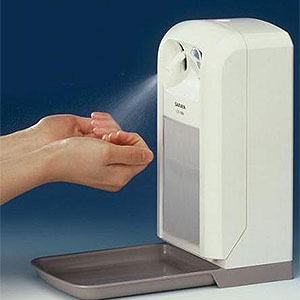
Sanitising your office kills up to 99% of bacteria but has little effect on viruses and fungi.
Proper sanitisation requires you to leave the sanitiser on the surface for up to 30 minutes. Rinsing it off too fast reduces its effectiveness.
If you want to use it, find an alcohol-based sanitiser with up to 60% alcohol content. Look for a neutral-smelling sanitiser you can use around the office. Avoid any strong scents, which can make your employees uncomfortable.
During flu season, sanitisers come in handy. You can use them to wipe down shared spares and reduce the accumulation of germs.
Sanitising is quite effective on water-resistant surfaces. It also offers a quick solution for hand cleaning. You can even use it on commonly touched surfaces such as doorknobs.
Sanitising should complement routine cleaning.
Office Disinfecting
Disinfecting kills bacteria, pathogens and viruses.
Disinfectants work by using a unique set of chemicals to kill germs on contact.
Some cleaning agents contain disinfectants. Nonetheless, you should get a professional to disinfect your office at least once a year.
You can also use disinfectant wipes to clean surfaces or as a handwashing substitute. If you use a disinfectant, leave it on the surface for a few minutes.
Disinfectants offer the best protection against viruses such as influenza. If you can, include them in your routine cleaning.
Air Purification
Air purification dilutes flu viruses in the air and limits their spread. It reduces the risk of airborne infections.
You can purify the air by:
- Increasing the number of fans in the office.
- Opening windows to invite fresh air into the office.
- Increasing the exchange rate of the building’s ventilation system.
You can also prevent the spread of the virus by encouraging all sick employees to wear masks. It will reduce the risk of contaminating office air.
Flu Season Cleaning Tips
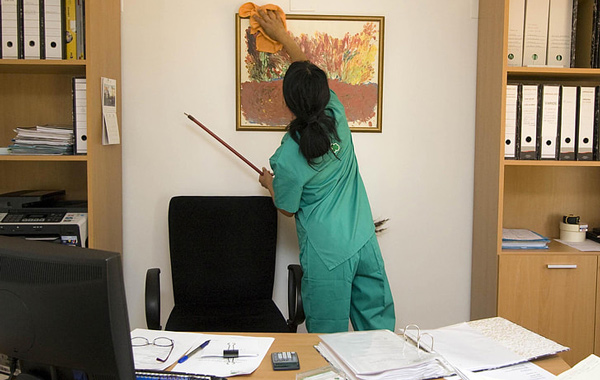

Focus on Commonly Touched Surfaces and Objects
Shared objects and surfaces can increase the spread of the flu.
Create a standard procedure for cleaning and disinfecting all shared surfaces and objects.
Most office surfaces and objects require a proper cleanse once a day. If you run a busy office, you can clean it twice or thrice a day.
Use disinfectant wipes on commonly touched surfaces every few hours if you are in retail. This also applies to offices that handle a high volume of walk-in customers.
You need to pay attention to surfaces such as:
- Desks, computer keyboards and mouses
- Faucet handles
- Doorknobs
- Staplers and printer surfaces
- Fidget toys
- Rails
- Lift buttons
If you have a confirmed flu infection, limit the person’s use of common surfaces. Provide them with a disinfectant they can use to wipe surfaces and/or objects they touch.
Regular cleaning gets rid of flu viruses fast. Get into the habit of wiping down surfaces, fumigating rooms and using disinfectants.
Follow Labels on Cleaners and Disinfectants
Make sure you follow the labels on your cleaning products correctly.
Start with a general cleaner to remove germs and rinse off with clean water. Afterwards, wipe the surface with a disinfectant to kill remaining germs.
If the surface does not have visible dirt, you can wipe it down with a sanitiser and follow up with a disinfectant.
You should leave the disinfectant on surfaces for a few minutes, giving it time to act on the germs.
Make sure you wipe down electronics with disinfectant wipes or solution. If you use a solution, avoid spilling it on your electronics.
Practice Safe Handling With Cleaning Solutions
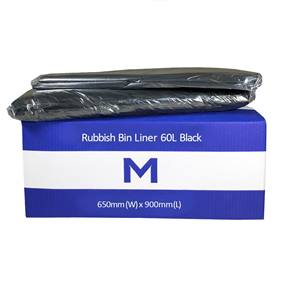

Always pay attention to hazard warnings and directions provided on cleaning products.
Follow proper handling instructions when dealing with any disinfectant or sanitising chemicals.
You should follow general safety instructions, for example:
- Everyone handling cleaning products should wear gloves and eye protection.
- Avoid mixing cleaning products unless the labels show it is safe to do so. Careless mixing of cleaning supplies such as ammonia and chlorine can lead to injury. In extreme cases, it can bring serious health complications leading to death.
- If you distribute disinfectant wipes, make sure everyone knows how to use them.
- Always have a first aid kit to help you respond to mishandling of cleaning chemicals.
Manage Your Waste
Follow your industry’s waste handling procedures with any waste.
If you supply your employees with wipes, increase the number of dust bins on each floor.
After cleaning, make sure you throw away all disposable cleaning material immediately.
Supply your cleaning team with gloves to use when handling dust bins. This will reduce their exposure to germs from disposed tissues and wipes
Make sure everyone cleans their hand with soap and warm water after handling waste or dust bins.
Why you Should Choose the Right Office Cleaning Supply Company
As you can see, cleaning plays a role in reducing the number of flu causing viruses in your office. It can help reduce the risk of employees getting sick or spreading the virus if infected.
Notwithstanding, cleaning is only effective if you use the right products and techniques.
On technique, you can train your cleaning team and improve on it over time.
With products, you have to find the right supplies. You need someone who understands your industry. Someone who appreciates the importance of a clean and healthy workplace.
Try Alsco NZ today.
Alsco NZ specialises in hygiene solutions for the workplace.
With over 130 years of experience in the industry, you can rely on them for:
- A constant supply of cleaning solutions and chemicals. They will customise their supply to meet your industry’s standards.
- Eco-friendly cleaning products. Their products offer protection against germs without compromising the health of your employees.
- Compact handwashing solutions for everyone. Alsco NZ offers compact soap dispensers. You can place them in small spaces to encourage regular handwashing.
- A steady supply of disinfecting and sanitising wipes you can use to keep the office clean at all times.
Contact Alsco NZ today for all your office cleaning solutions.
